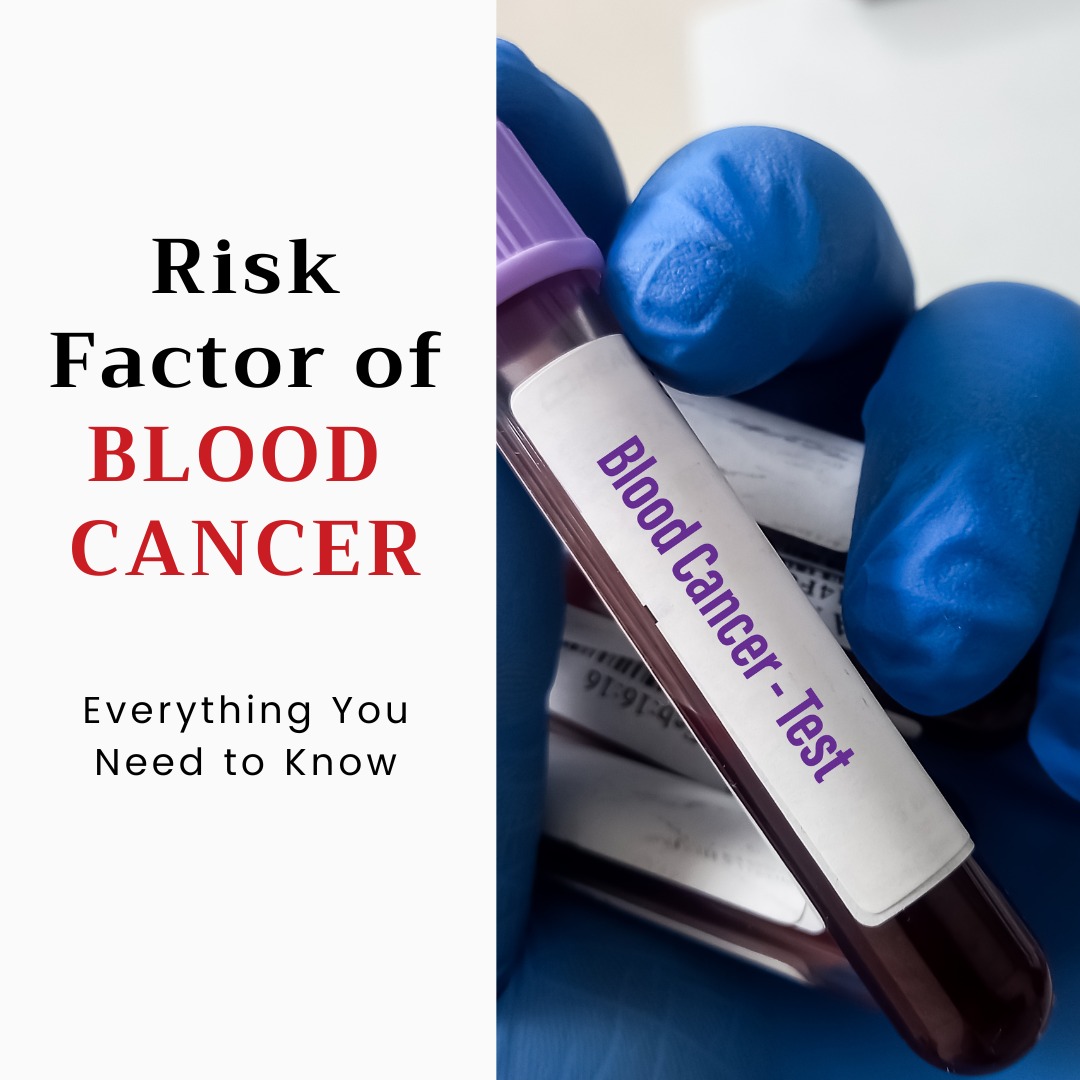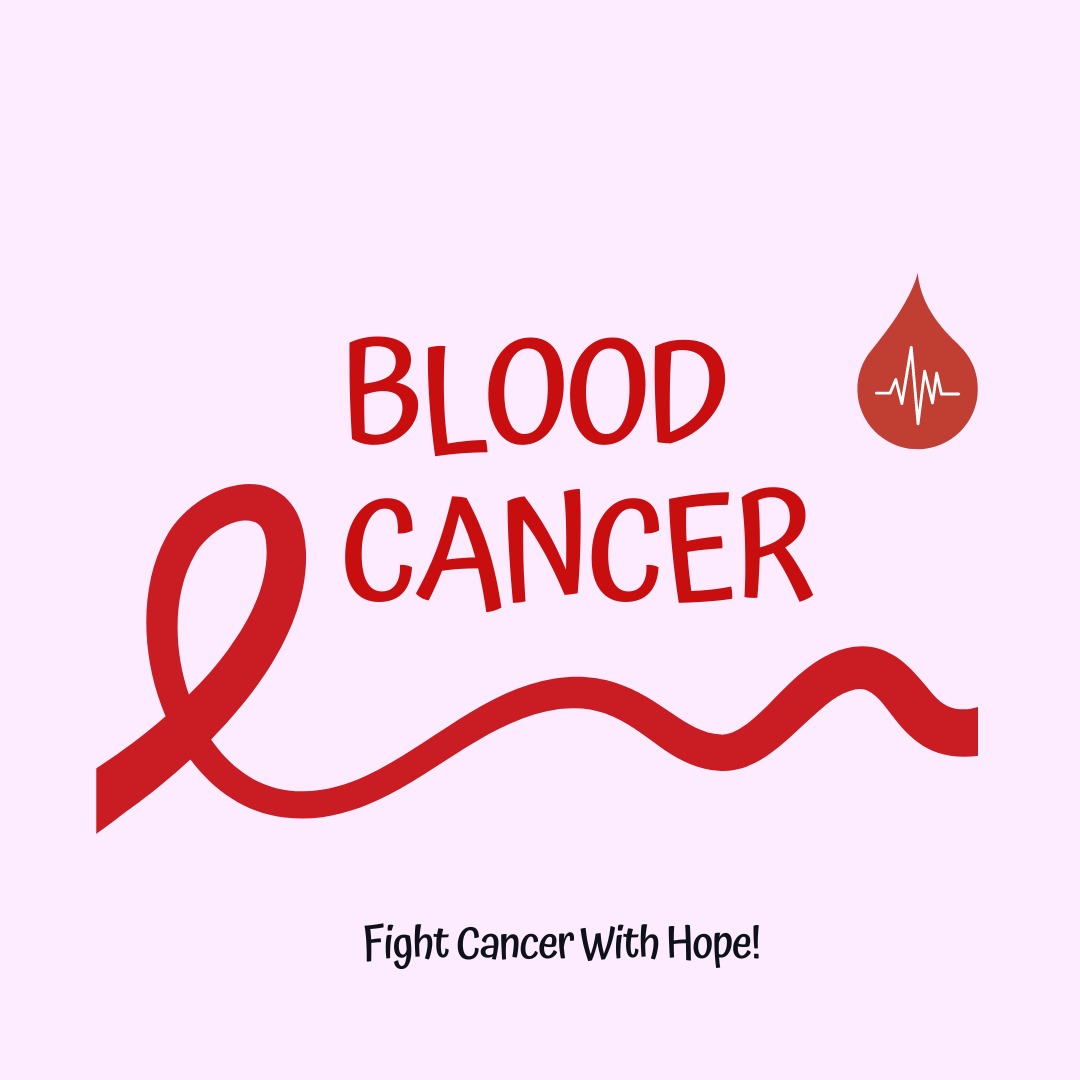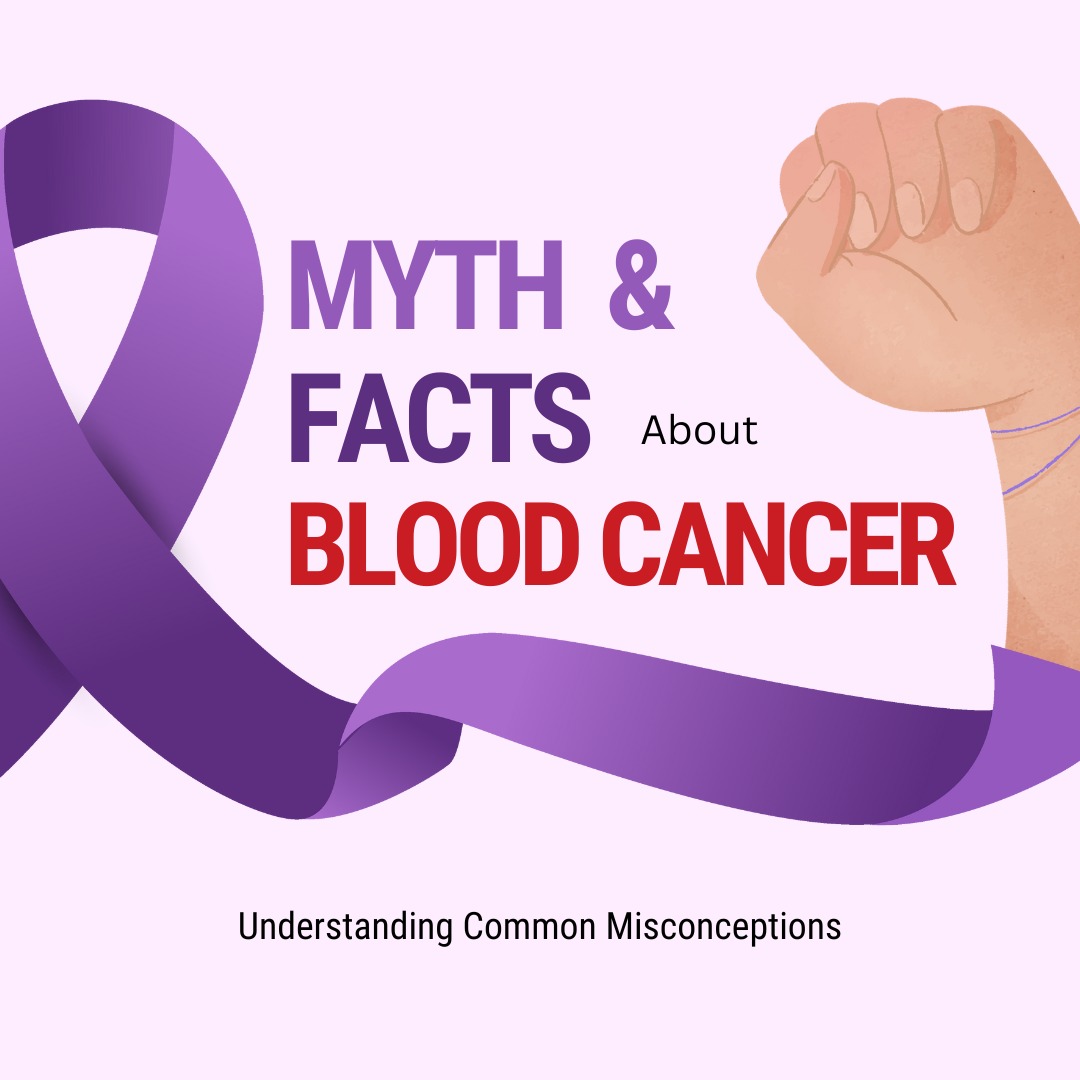July 10, 2018

Understanding Blood Cancer Risk Factors: What You Need to Know.
Blood cancer, encompassing leukemia, lymphoma, and myeloma, is a complex group of diseases that affect the blood, bone marrow, and lymphatic system. Understanding the risk factors associated with blood cancer is crucial for early detection, prevention strategies, and personalized healthcare. This blog explores the key risk factors for blood cancer, empowering you with knowledge to make informed decisions about your health.
What Are the Risk Factors for Blood Cancer?
Age and Gender
Risk Factor: Blood cancers can occur at any age, but the risk increases with age, especially in older adults. Certain types of blood cancer, such as acute lymphocytic leukemia (ALL), are more common in children, while others, like chronic lymphocytic leukemia (CLL), tend to affect older adults. Some blood cancers also show gender disparities in incidence rates.
Genetic Predisposition
Risk Factor: Family history plays a significant role in the development of blood cancer. Individuals with close relatives who have had blood cancer, particularly first-degree relatives (parents, siblings), have a higher risk of developing the disease. Genetic syndromes and inherited mutations, such as Down syndrome or mutations in genes like BRCA1/BRCA2, also increase the likelihood of blood cancer.
Exposure to Radiation and Chemicals
Risk Factor: Exposure to ionizing radiation, such as medical radiation treatments (e.g., radiation therapy for previous cancer), nuclear accidents, or occupational exposure (e.g., working in the nuclear industry), can elevate the risk of blood cancer. Additionally, exposure to certain chemicals like benzene, used in industries such as manufacturing, petroleum refining, and chemical production, has been linked to an increased risk of leukemia.
Immune Disorders and Medical Conditions
Risk Factor: Certain autoimmune disorders and medical conditions that affect the immune system can predispose individuals to blood cancer. For example, conditions like HIV/AIDS, which weaken the immune system, can increase the risk of developing lymphomas, including non-Hodgkin lymphoma. Similarly, autoimmune diseases treated with immunosuppressive therapies may also raise the risk.
Viral Infections
Risk Factor: Infections caused by certain viruses have been associated with an increased risk of blood cancer. For instance, infection with the Epstein-Barr virus (EBV) is linked to the development of Hodgkin lymphoma and some types of non-Hodgkin lymphoma. Human T-cell leukemia virus type 1 (HTLV-1) is another virus known to cause adult T-cell leukemia/lymphoma (ATLL).
Previous Cancer Treatments
Risk Factor: Individuals who have undergone certain cancer treatments, such as chemotherapy and radiation therapy for previous cancers, may have an increased risk of developing blood cancer later in life. These treatments can damage healthy cells and increase the likelihood of genetic mutations that lead to blood cancer.
Reducing Your Risk of Blood Cancer
While some risk factors for blood cancer, such as age and genetic predisposition, cannot be changed, there are steps you can take to potentially reduce your risk:
- Maintain a Healthy Lifestyle: Eat a balanced diet rich in fruits, vegetables, and whole grains, and exercise regularly to support overall health.
- Avoid Exposure to Carcinogens: Limit exposure to chemicals like benzene and follow safety guidelines in workplaces where exposure is possible.
- Undergo Regular Health Screenings: Regular medical check-ups and screenings can help detect blood cancer early, when treatment is most effective.
- Discuss Family History: Inform your healthcare provider about any family history of blood cancer or related conditions to assess your personal risk.
Conclusion
Understanding the risk factors associated with blood cancer is essential for early detection, prevention, and personalized healthcare management. By recognizing these factors and taking proactive steps to mitigate risks where possible, individuals can empower themselves to make informed decisions about their health. For more information on blood cancer risk factors or to discuss your personal risk profile, consult with a healthcare professional specializing in oncology or hematology.



